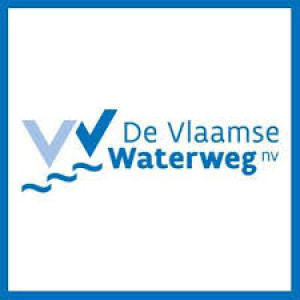 \
&
Contact us
\
&
Contact us
 \
&
Contact us
\
&
Contact us
This was 2 years ago
LocationOnline
ProgrammesFraunhofer is organising another webinar in the Fraunhofer Twin Transition Series, this time focussing on the challenges and the potential for the digitalization and standardization for batteries. Two presentations will be given. One will tackle the aspects of digital twins in a sustainable battery cell production, the other the semantic information structure in the battery value chain.
Agenda:
Moderation by Katrin Mögele
Fraunhofer EU Office
We offer news and event updates, covering all domains and topics of Horizon Europe, Digital Europe & EDF (and occasionally, for ongoing projects, Horizon 2020).
Stay informed about what matters to you.
By signing up, you can opt in for e-mail notifications and get access to
a personalised dashboard that groups all news updates and event announcements in your domain(s).
Only for stakeholders located in Flanders
Security Digital, Industry & Space Digital Europe Cybersecurity Defence

Autoship is, as the name suggests, an acronym for autonomous ship. Just like with self-driving cars, the possibilities of an unmanned boat seem endless. It can create more efficient freight transport, around the clock deliveries and these are just a few of the examples. The project has two societal challenges.
At first, De Vlaamse Waterweg was a bit hesitant as their experience with FP7 or Horizon 2020 projects was limited and they had not been very successful up until then. The fact that they were already doing basic research on the topic of autonomous boats, and the administrative help of NCP FLanders helped De Vlaamse waterweg to cross the line and get involved.